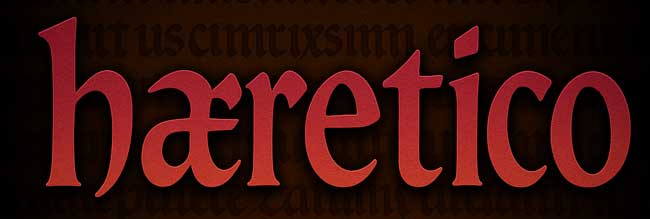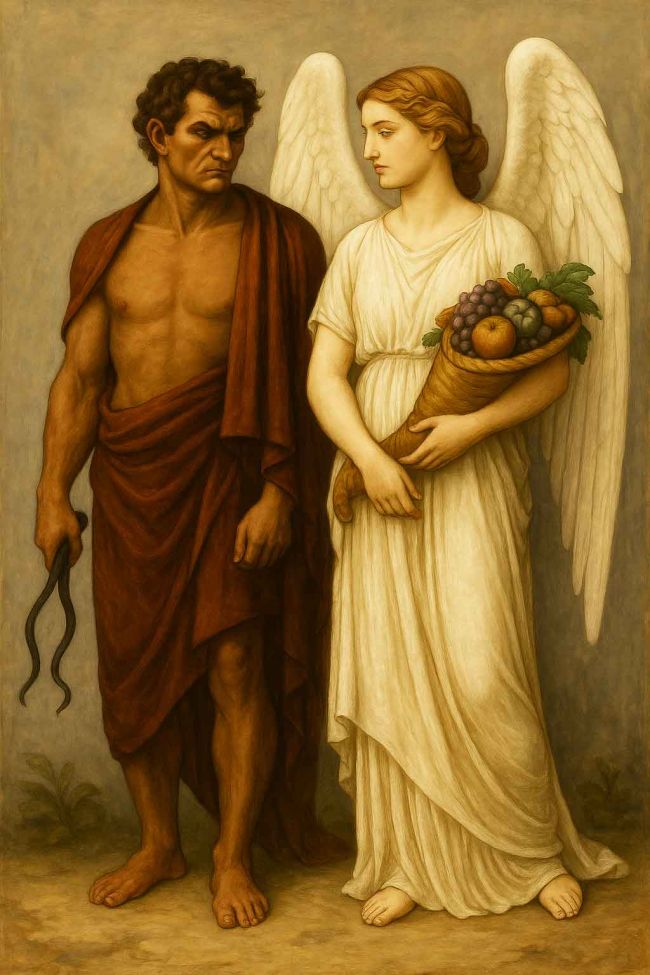Written by David Caldwell ·
The Evolution of Guardian Angels
The belief in unseen protective spirits has endured across centuries and civilizations. While the modern concept of a "guardian angel" is most often associated with Christian doctrine, its roots stretch far deeper, tracing a lineage through ancient Greece, Rome, the Middle Ages, and into today’s spiritual and cultural landscape.
Ancient Greece: The Daimon as Spiritual Guide
In classical Greece, the philosopher Socrates famously spoke of a guiding spirit he called his daimonion. This entity did not instruct him what to do, but warned him against actions that would be unwise or harmful. Far from being demonic in the modern sense, the Greek daimon was a morally neutral or even benevolent being, often acting as an intermediary between mortals and gods.
Philosophers like Plato described daimones as occupying the space between the divine and the human. In his Symposium, the character Diotima explains that love itself is a kind of daimon, linking humans with the divine. These beings were spiritual go-betweens, invisible yet present, aiding individuals in aligning their lives with cosmic harmony.
One famous anecdote involves the Roman general and triumvir Mark Antony. According to Plutarch, after failing to overcome Caesar and later struggling against Octavian (the future Augustus), Antony consulted Egyptian Magi to understand his misfortunes. The Magi replied that Caesar was protected by a powerful Genius, and that this Genius appeared fearful and subdued when it approached Octavian. This suggests a belief in personal guardian spirits whose strength could determine the outcome of political and military struggles.
Rome: Genius and Household Spirits
The very word "genius" in modern English derives from this Roman belief. The word "tutelary" refers to a being that serves as a guardian or protector, especially one associated with a particular person, place, or institution. Originally meaning a personal tutelary spirit, the Genius was thought to shape a person’s fate and character. Over centuries, the term evolved from describing a guardian spirit to signifying innate talent or brilliance, as if greatness were granted by a divine inner guide.
The Romans absorbed and reinterpreted the Greek idea of personal spirits through the concept of the Genius (for men) and Juno (for women). Each person was thought to be accompanied by a Genius from birth, a guardian spirit representing one's moral character, destiny, and vitality. Public figures and emperors even had official cults to their Genius, and coins from emperors like Trajan and Diocletian depicted the Genius as a benevolent figure holding offerings and symbols of abundance.
Beyond individuals, the Romans also believed in domestic spirits like the Lares and Penates, who protected the household and ensured its prosperity. These spirits were honored with daily offerings at household shrines, demonstrating how deeply spiritual guardianship was embedded in Roman daily life.
The Middle Ages: Codifying Angels
With the spread of Christianity, the Greek and Roman spirit-guides were reimagined within a monotheistic framework. Church Fathers like Augustine insisted that the term "angel" described a role, not a nature, angels were messengers of God. Later thinkers, such as Pseudo-Dionysius the Areopagite, constructed elaborate celestial hierarchies, placing guardian angels at the lowest tier, closest to humans.
By the Middle Ages, the idea that every person had a guardian angel became widespread. Theologians like Thomas Aquinas argued that angels were immaterial, rational beings assigned to individuals to help guide their moral decisions and protect them from spiritual danger. Art from this period often shows angels gently guiding children or defending saints against demonic forces.
The Modern Era: Faith, Folklore, and Popular Culture
Though the Enlightenment challenged many supernatural beliefs, the guardian angel survived, both as a theological concept and as a comforting figure in folklore and popular devotion. In the 19th century, poetry, hymns, and sentimental art depicted guardian angels watching over children or guiding lost souls.
In today’s spiritual landscape, belief in guardian angels remains strong across various faiths and even among the non-religious. Some interpret them as literal divine beings; others see them as metaphors for intuition, conscience, or ancestral presence. In popular culture, guardian angels appear in films, books, and television, continuing to offer protection, guidance, and hope.
From the airy daimones of Greece to the robed protectors of medieval paintings and beyond, the guardian spirit has proved to be a resilient and evolving symbol of unseen care in the human story.
Related Articles
4 October 2025
The Ancient Blood: A History of the Vampire27 September 2025
Epona: The Horse Goddess in Britain and Beyond26 September 2025
Witchcraft is Priestcraft: Jane Wenham and the End of England’s Witches20 September 2025
The Origins of Easter: From Ishtar and Passover to Eggs and the Bunny12 September 2025
Saint Cuthbert: Life, Death & Legacy of Lindisfarne’s Saint7 September 2025
The Search for the Ark of the Covenant: From Egypt to Ethiopia5 September 2025
The Search for Camelot: Legend, Theories, and Evidence1 September 2025
The Hell Hound Legends of Britain25 August 2025
The Lore of the Unicorn - A Definitive Guide23 August 2025
Saint Edmund: King, Martyr, and the Making of a Cult14 August 2025
The Great Serpent of Sea and Lake11 August 2025
The Dog Days of Summer - meanings and origins19 June 2025
Dumnonia The Sea Kingdom of the West17 June 2025
The Roman Calendar, Timekeeping in Ancient Rome14 June 2025
Are There Only Male Angels?
